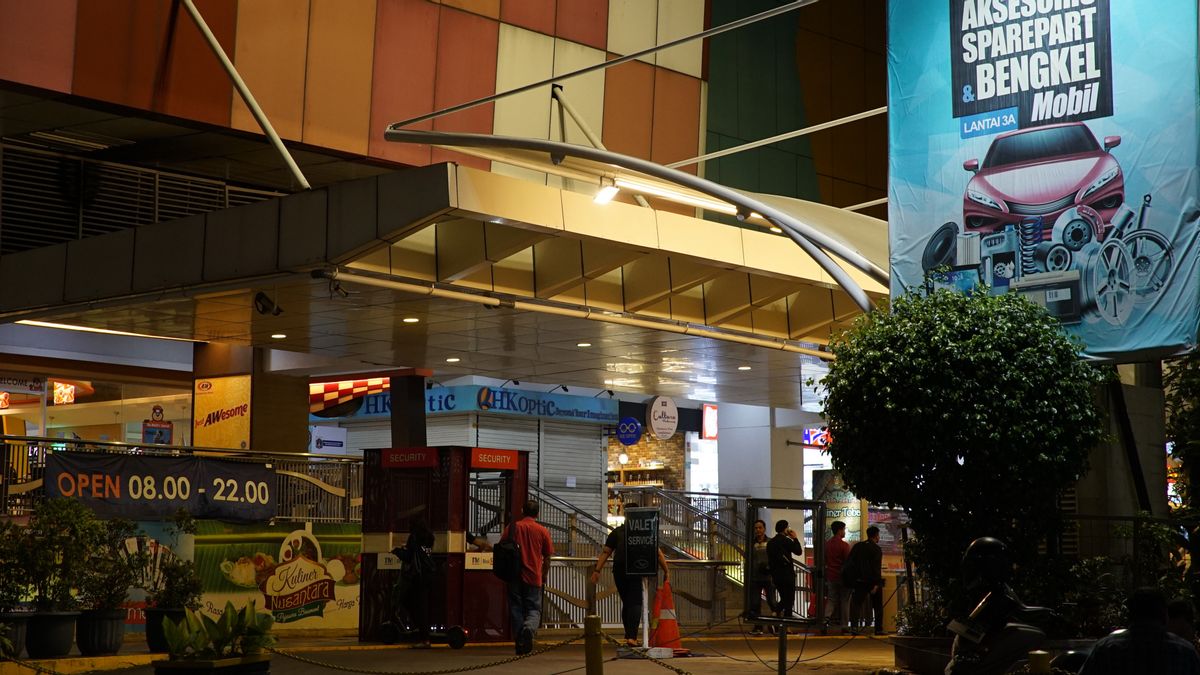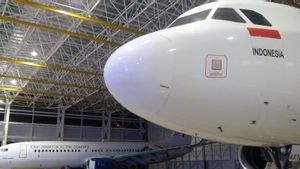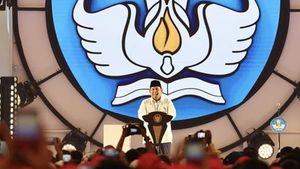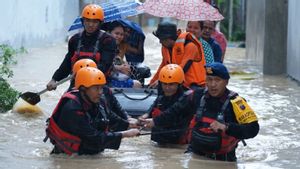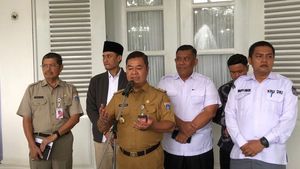JAKARTA - The Institute for Development of Economics and Finance (INDEF) assesses that the implementation of the new normal does not automatically bring the Indonesian economy back into better condition. This policy must be supported by several things, including stimulus and public trust, so that the economy can operate in this difficult condition.
INDEF economist Bhima Yudhistira said economic recovery would depend on the speed of handling COVID-19. He considered, even though the easing was carried out, it did not mean that the incentives provided by the government were also relaxed.
"So we make peace with COVID-19 even though there is no vaccine, but that does not mean that health incentives, health stimuli, and health protocols are relaxed," he said in a video conference with journalists, Saturday, June 6.
According to Bhima, the acceleration of handling COVID-19 is closely related to the size of the stimulus provided by the government. "The second depends on the size of the stimulus. Our current stimulus is still relatively low even though it has been topped up, but is still relatively low on GDP. Then the third is what compensation for MSMEs," he said.
As is known, the government disbursed IDR677.2 trillion in funds as a means of handling COVID-19 and handling national economic recovery (PEN).
Not only that, Bhima said, leadership in the midst of the COVID-19 outbreak also had an effect on public trust. He considered that currently the Indonesian people could not follow the government's directions. For example, there are still many travelers even though there is a ban on returning to their hometowns.
Furthermore, Bhima said, Vietnam could be an example. When other countries have not closed flight access, Vietnam has already done that to protect their citizens. In fact, due to the discipline of the people, Vietnam has succeeded in reducing the positive death rate for COVID-19 to zero percent.
Bhima then compared the condition of Indonesia with what happened in Vietnam. He assessed that the people there are more obedient because of the public's trust in the leadership of the country.
"That's why Vietnam can trust the government? Because it turns out that Vietnam has really cool incentives, it has rice ATMs. So people don't worry about starvation because the government makes rice ATMs, even foreigners there also get help," he explained.
In addition, said Bhima, for the new normal to succeed in increasing economic growth, coordination between the central and regional governments is required. This policy will not be optimal if there is no understanding from all parties involved in handling COVID-19.
"So far, what has always been problematic whether health or subsidies is the lack of sectoral egos from ministries, agencies, central government, regional governments. It's late, data out of sync, and all kinds. areas must be repaired, "he said.
The English, Chinese, Japanese, Arabic, and French versions are automatically generated by the AI. So there may still be inaccuracies in translating, please always see Indonesian as our main language. (system supported by DigitalSiber.id)
